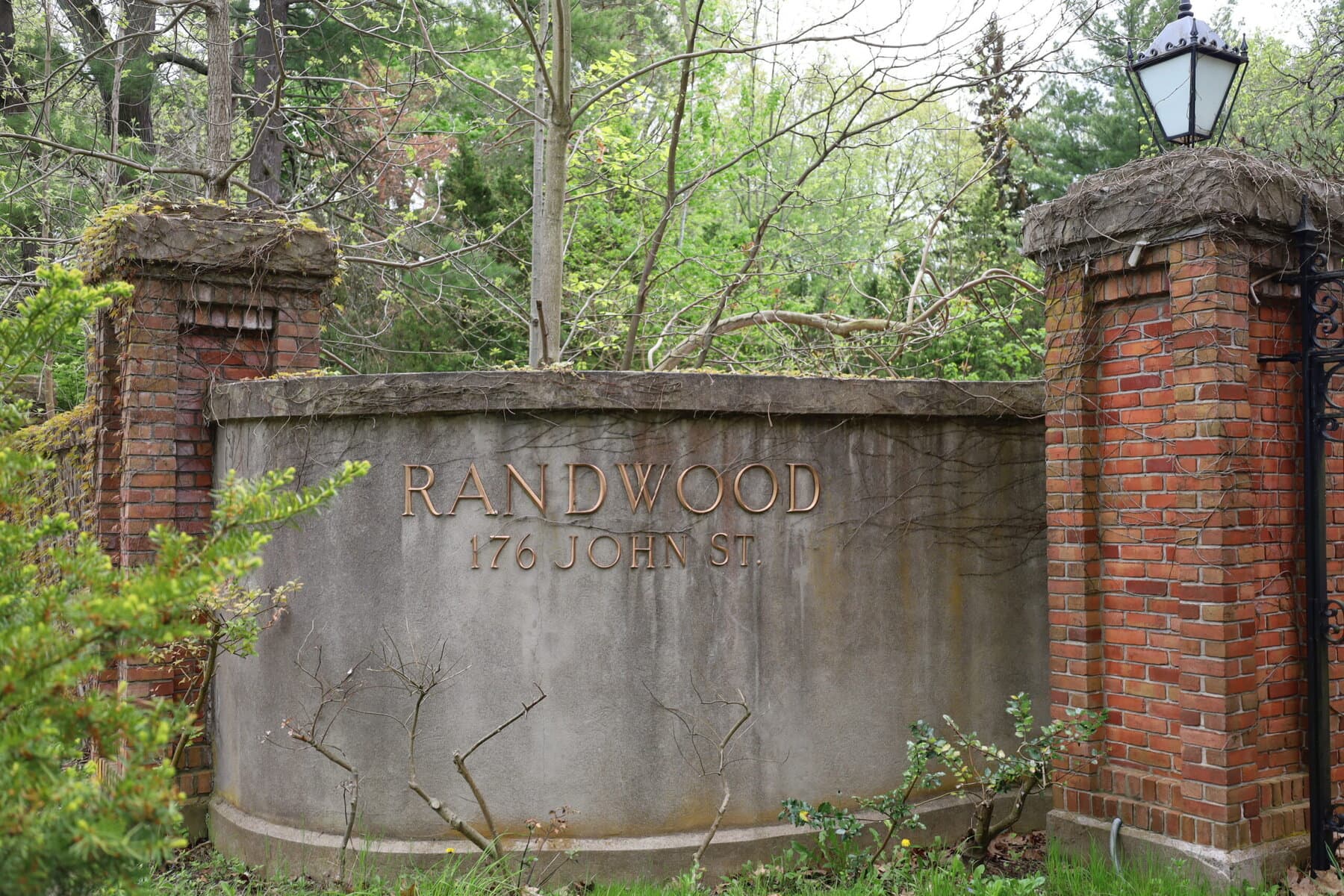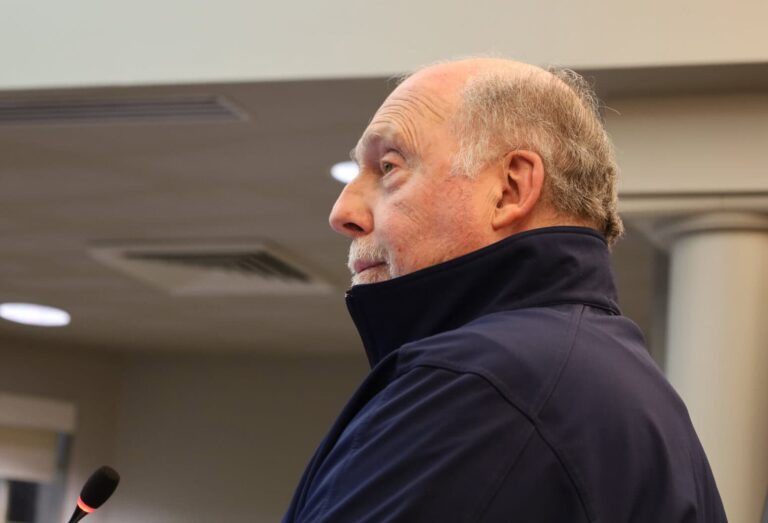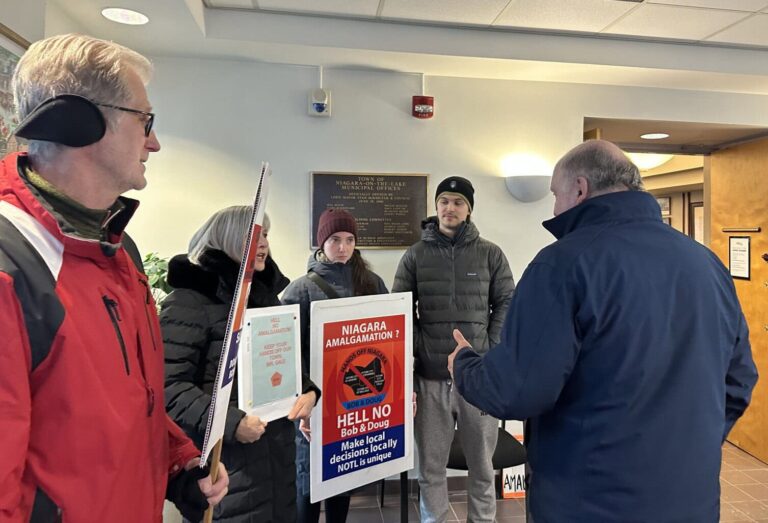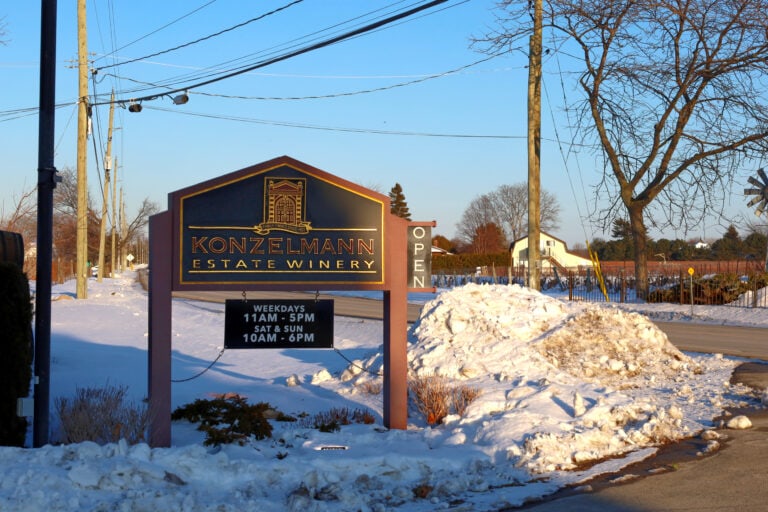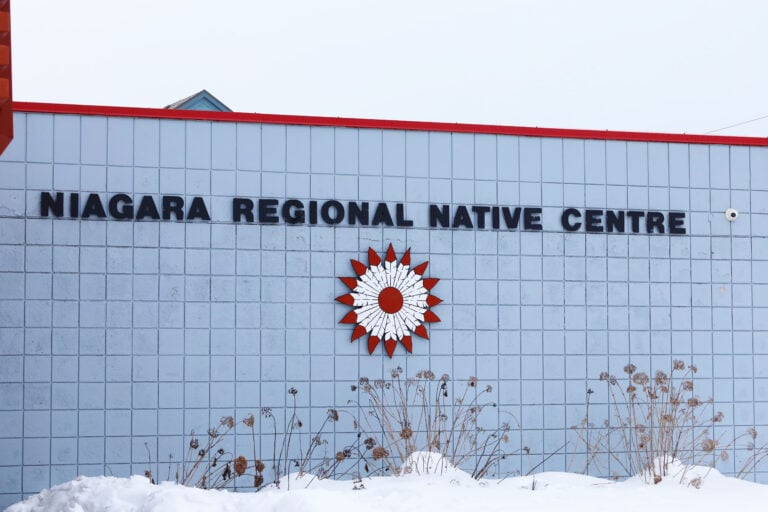Save Our Rand Estate has filed its own rezoning application for the historic Rand Estate at 144–176 John St. East — but the Town of Niagara-on-the-Lake says it never counted.
Town staff ruled the application incomplete because it lacked the signature of the property owner: Solmar 2 Niagara Inc. and Two Sisters Resorts, companies controlled by developer Benny Marotta.
SORE plans to bring a motion forward to the Ontario Land Tribunal, which will hear the case on Sept. 26.
If SORE manages to rezone the property, it could mean down-zoning or restricting what Marotta’s companies could do with it.
SORE filed the application to fix a bylaw error
Lyle Hall, chair of the Niagara Foundation and a SORE member, said the purpose of the rezoning is to correct what the group views as a “clear error” in the previously approved Romance Inn proposal for the site in 2011.
He said council’s intent then was to cap the hotel at three storeys, but the bylaw allows up to 57 feet — roughly five storeys. A later application from Marotta sought to increase that height further, to the equivalent of seven storeys.
“All SORE is seeking is to rectify the bylaw so it conforms with Council’s intent in 2011,” said Hall in an email, adding the group sees it as doing the town’s “work” at no cost to it.
“Our fight is with Benny Marotta, not the town,” he added. “The town does not need to participate or spend any money. SORE is happy to take on the burden of having this bylaw corrected.”
Hall also pushed back on online commentary.
“SORE has not appealed anything to the OLT yet, contrary to what’s being suggested on social media,” he said.
“SORE can file a ZBA, anybody can.”
Staff, not council, makes the call
Lord Mayor Gary Zalepa said the choice to deem the application incomplete was a staff matter — one he fully backed.
“That decision rests with staff,” he said. “I was very comfortable with it and I appreciated the advice that we received.”
Coun. Maria Mavridis agreed with Zalepa: “Only complete applications come before council,” she said.
Applicants must tick a set of required boxes when filing an application, she said — one of them being the property owner’s signature.
“There was no signature, so it wasn’t a complete application,” she said. “I’ve got to support staff.”
“They’re the professionals. They’re the ones that know the provincial policies,” she said, adding that no SORE application is publicly accessible because it wasn’t deemed complete.
Mavridis said most developers go through a pre-consultation before filing an application, meeting with staff and councillors to review studies and costs — something she said could have changed how things went, “had they come and spoken to us.”
Zalepa said the fact that a rezoning application was submitted is disappointing, but clarified it will not affect council’s other dealings with Solmar — those are a separate matter, he said.
The town sought advice internally from its legal counsel — who seeks outside advice on flash matters — before staff deemed the application incomplete, he added.
“Unusual” move by SORE leaves town baffled
Both Zalepa and Mavridis said they were caught off-guard that SORE attempted to file a rezoning without the owner’s authorization.
“I’ve never seen it, ever before,” said Zalepa.
“I just find it strange. If you owned a property, would you be happy that somebody is filing an application to rezone your property?” he said. “It’s unusual.”
Mavridis echoed that view: “I was surprised,” she said.
“Anybody can apply to rezone anybody’s property?”
She said she didn’t know such a move was even permitted and had never heard of it happening “ever in the history of Niagara on the Lake.”
“Everyone has the right to put in an application,” she said, while also pointing out “there’s been a lot of staff time and council time” used during this process.
Zalepa questioned SORE’s standing.
“I don’t know who SORE is as an entity — I don’t have their corporate documents. I don’t know who their directors are,” he said.
“Before I do business with anybody, I want to know who they are.”
Town sounds alarm on taxpayers toll
Repeated development-related cases can take a toll on a municipality, Zalepa said. “There’ll be some greater costs that we’ll have to bear.”
“Anytime there’s a matter for the Ontario Land Tribunal, there’s an additional cost to the community and the taxpayer,” he added.
Mavridis said the town has already spent around $6 million on legal fees “fighting developments” since 2018 — about $3 million of it tied to Rand Estate disputes.
“At some point the bleeding has to stop,” she said.
Zalepa says town will defend itself Sept. 26, “as it should”
At the hearing later this month, SORE will argue the town was wrong to dismiss its application as incomplete, while Zalepa expects NOTL to stand firm.
“The town will defend its decision, as it should,” he said.
Mavridis said SORE going to the tribunal “came all of a sudden.”
“We’re learning a lot as we go,” she said. “I don’t think that SORE would take it to the (tribunal) if they didn’t have reason to.”
Solmar, Solmar’s lawyers Sara J. Premi and Mark Flowers, SORE’s lawyer Sonia Patel, and the town’s communications co-ordinator — asked for more concrete details about the application — did not respond to The Lake Report’s questions by press time.



